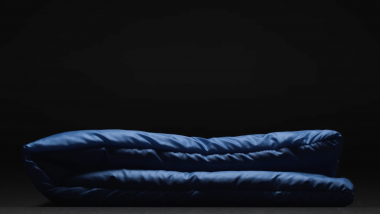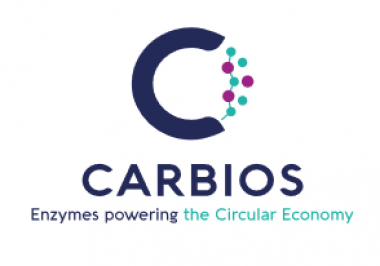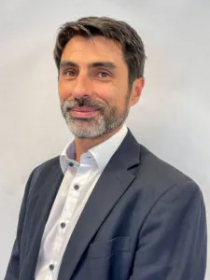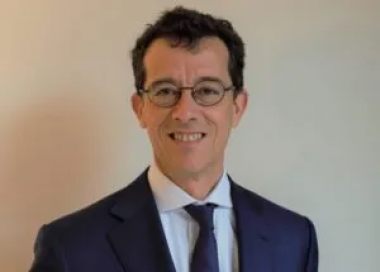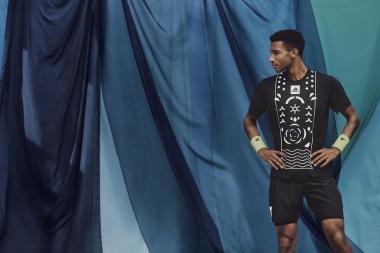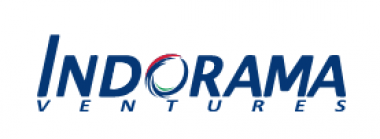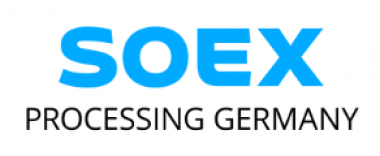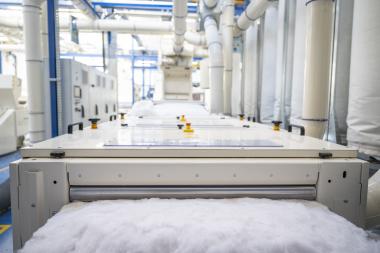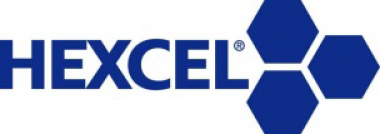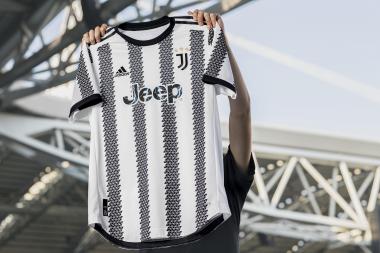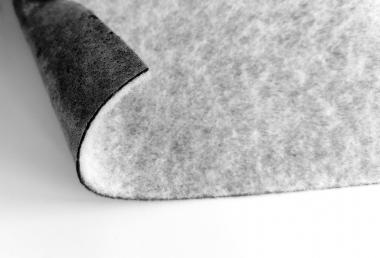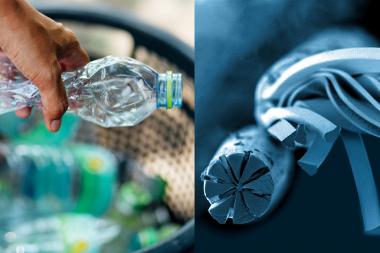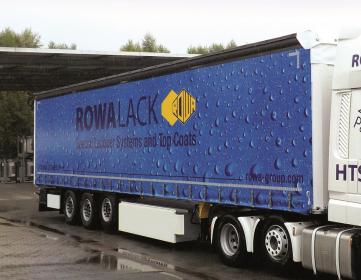TEXAID supports the Swiss textile recycling ecosystem with professional collecting and sorting of textiles
TEXAID as a professional collector and sorter with roots in Switzerland contributes to this ecosystem to enable the textile-to-textile recycling. The creation of Swiss Textile Recycling Ecosystem marks a key milestone in the upscaling of Worn Again Technologies’ recycling process technology with technology scale-up partner Sulzer Chemtech in Winterthur. It also supports its ambition to create a circular economy where non-reusable, hard-to-recycle textiles can be reintroduced into supply chains to become new fibers.
To cause a paradigm shift in the fashion industry and realize true circularity requires all members of the value chain to be on the same page and working towards the same goals. The Swiss Textile Recycling Ecosystem is a network comprising fabric and textile manufacturers, waste collectors and sorters, as well as retailers, brand owners and technology providers – all coordinated by Swiss Textiles. All these parties will cooperate to make their shared vision of a more sustainable fashion industry a reality, where used textiles can be recycled into new textiles.
TEXAID as a stakeholder in the Swiss Textile Recycling Ecosystem and as leading textile recycling company with over 40 years of experience will support the initiative through collecting, sorting, pre-processing and providing pre- and post-consumer feedstock to the Demonstration Plant. At its headquarters in Schattdorf (CH), TEXAID will investigate possibilities to automate the sorting and pre-processing of textile feedstock for recycling. Currently, TEXAID processes more than 80,000 tons of end-of-use textiles and footwear every year all over Europe and the US.
Texaid










